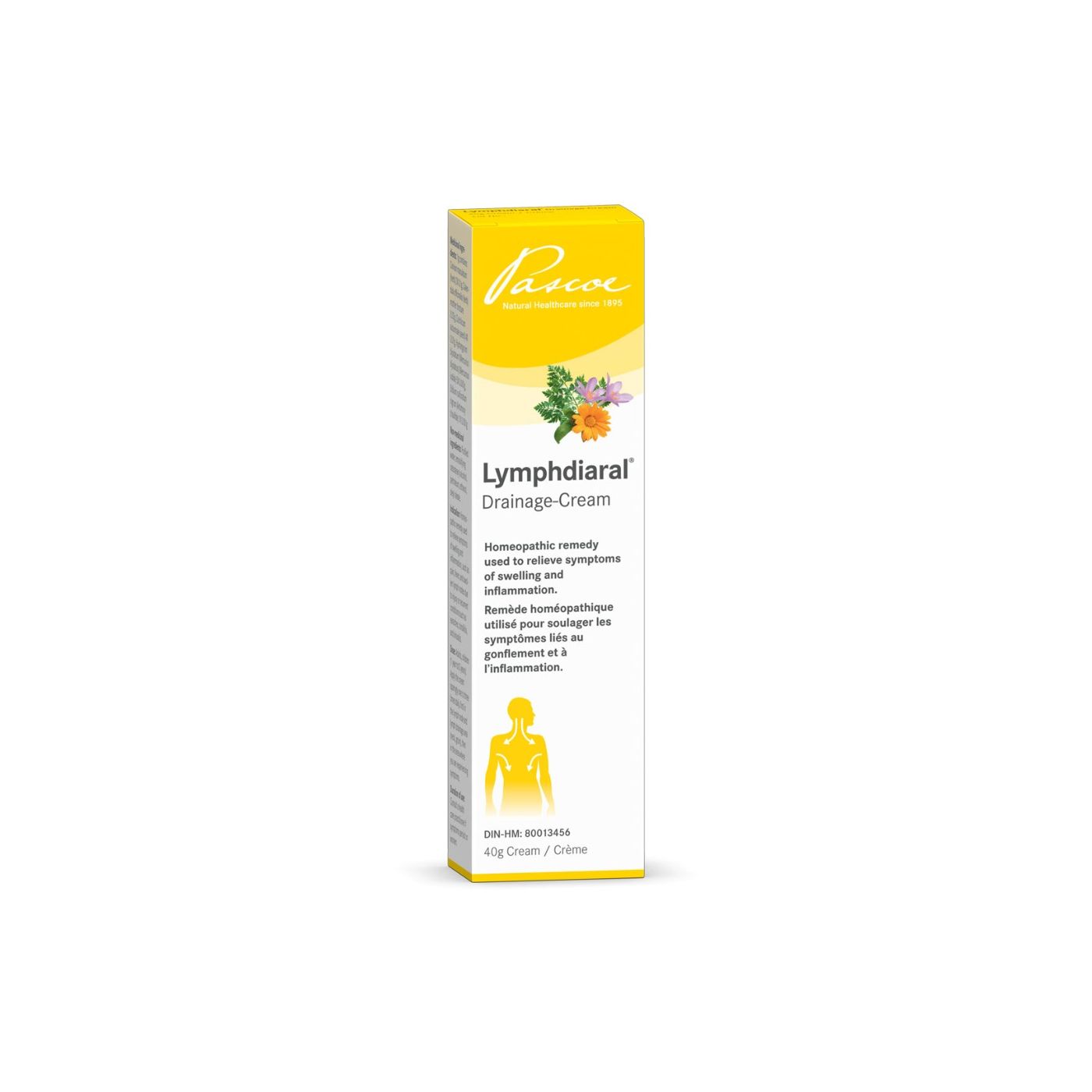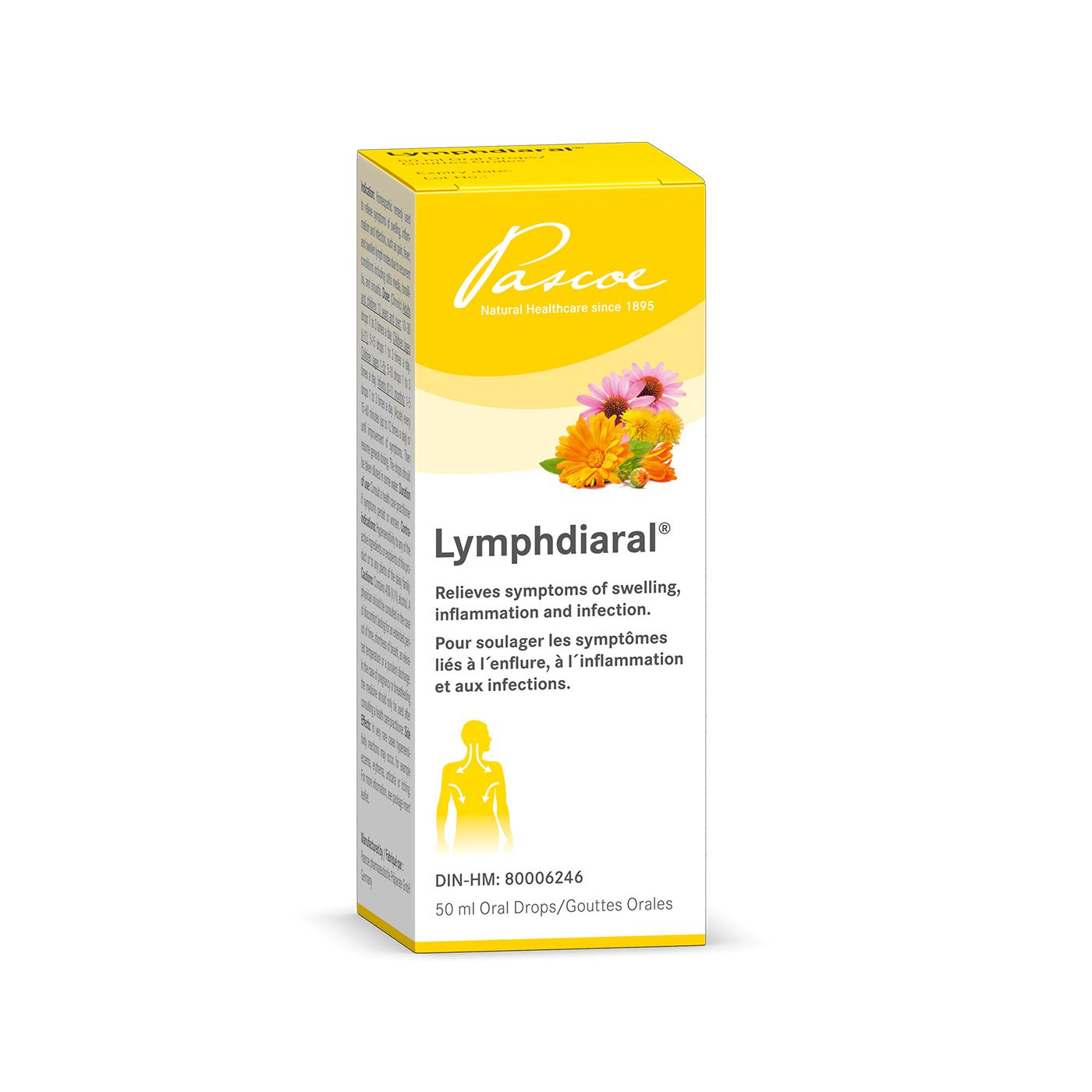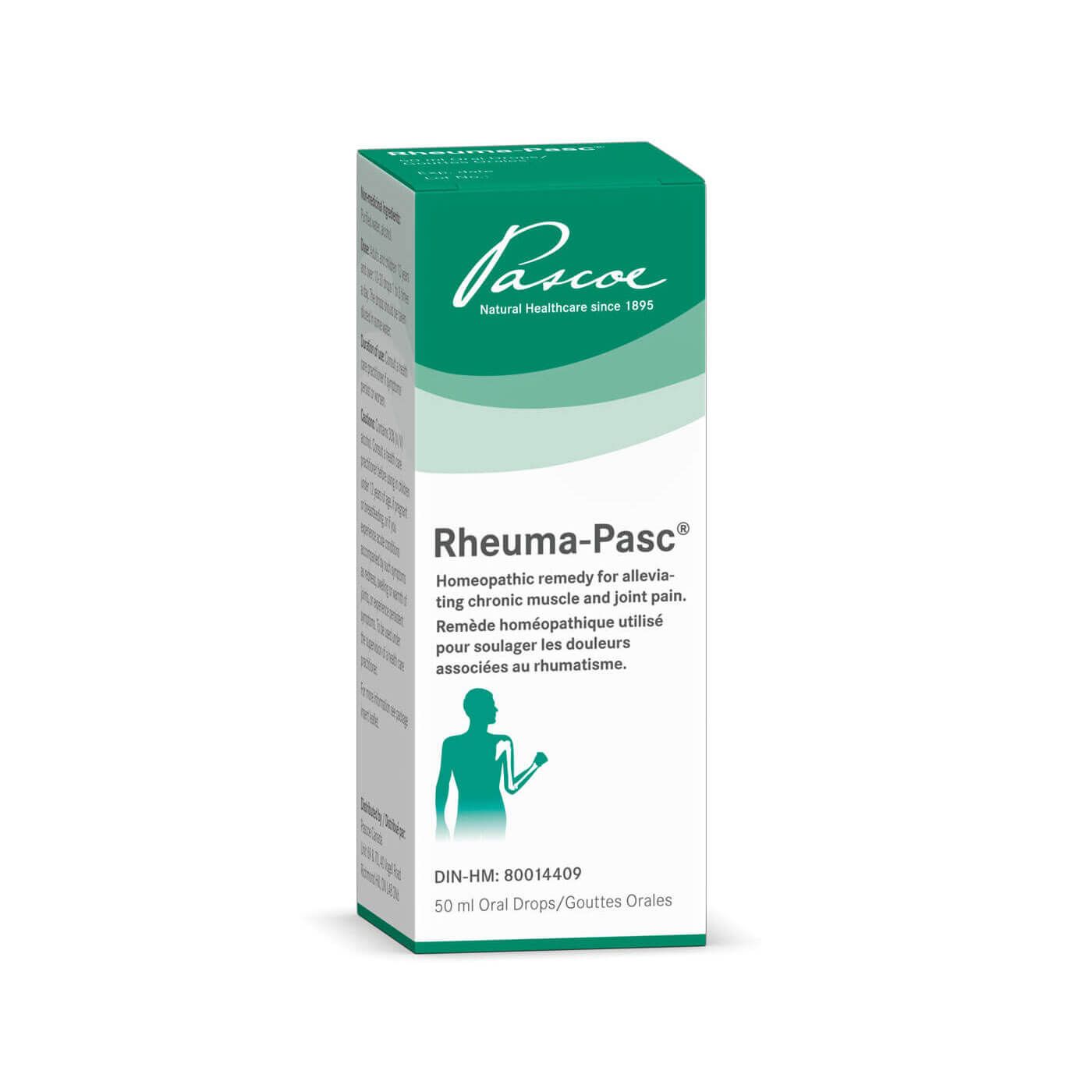15 Natural Ways to Find Muscle Pain Relief
Muscle soreness and cramps are common issues that many people experience at some point in their lives. Whether it's due to rigorous physical activity, overexertion, dehydration, or underlying health conditions, these discomforts can hinder our daily activities and quality of life.
Relief for Muscle Pain and Soreness
Muscle pain relief creams exist, as do several over-the-counter pain relievers that can alleviate these symptoms, but many individuals opt instead for natural remedies as they often come with fewer side effects and are more accessible.
Below are a range of natural remedies for muscle soreness and cramps that have been used for generations and have gained popularity due to their effectiveness and safety. It is important to note that while these remedies can provide relief, they are not substitutes for professional medical advice, and individuals with chronic or severe muscle issues should also consult a healthcare professional.


How to Stop Muscle Cramps FAST!
1. Heat and Cold Therapy: One of the simplest and most effective natural remedies for muscle soreness and cramps is the application of heat and cold therapy. Applying a warm compress, using a heating pad or taking a warm bath can help relax and soothe sore muscles.
On the other hand, using ice packs or cold compresses can reduce inflammation and numb the affected area, providing sore muscle relief quickly.
2. Massage: Massaging the muscles can significantly alleviate muscle soreness and cramps. Have you ever tried using a foam roller? Or lymphatic massage?
The gentle manipulation of muscles through lymphatic massage improves blood circulation, reduces tension, and aids in the removal of waste products like lactic acid that can contribute to muscle soreness.
Finding products formulated with herbal extracts of hemlock (conium maculatum) and autumn crocus (colchicum autumnale) will help assist with the detoxification process. You can use your hands or seek the assistance of a professional massage therapist.
3. Stretching and Gentle Exercises: Engaging in gentle exercises and stretching can help relieve muscle soreness and cramps by promoting blood flow and reducing muscle stiffness. And don’t forget to thoroughly stress after more strenuous exercise to reduce delayed onset muscle soreness (DOMS set in within 24 to 72 hours of strenuous exercise), including leg cramps and overall muscle aches!
Incorporating exercises like yoga or tai chi into your routine can be active recovery that helps with stress reduction and regular focus on stretching and improving flexibility.
4. Epsom Salt Soaks: Epsom salt contains magnesium sulfate, which has been known to ease muscle soreness and cramps. Add a cup or two of Epsom salt to a warm bath and soak for at least 15-20 minutes to experience the relaxing benefits.
Consider engaging in gentle exercise, winding down with some stretching or 10 minutes of foam rolling, and then popping into a Epsom salt bath to seal the deal. And of course, don’t forget to stay hydrated while you soak–Epsom salts can be dehydrating!
5. Herbal Remedies: Numerous herbs have anti-inflammatory and muscle-relaxant properties that can be beneficial for muscle soreness and cramps. Some popular herbal remedies include:
- Turmeric: The active compound curcumin in turmeric has potent anti-inflammatory properties that can reduce general muscle soreness, as well as specific affected muscles.
- Ginger: Known for its anti-inflammatory and analgesic properties, ginger can help alleviate muscle pain and cramps.
- Arnica: This herb is commonly used in topical creams and ointments for its pain-relieving properties that can target specific muscle contractions when applied on the surrounding area.
6. Essential Oils: Aromatherapy with essential oils can provide relaxation and soothing relief for muscle soreness and cramps. Oils such as lavender, peppermint, eucalyptus, and chamomile can be diluted with carrier oils and applied topically or used in a diffuser for inhalation.
7. Magnesium Supplementation: Magnesium is essential for proper muscle function, and a deficiency can lead to muscle cramps and spasms.
Taking magnesium supplements or increasing magnesium-rich foods in your diet can help alleviate these issues. Foods that have naturally occurring magnesium include almonds, cashews, black beans, edamame, quinoa, spinach, avocado and dark chocolate (70-85% cocoa).
8. Hydration: Dehydration can exacerbate muscle soreness and cramps. Ensure you are drinking enough water throughout the day, especially during and after physical activities, or if treating muscle soreness with Epsom salts.
9. Rest and Sleep: Giving your muscles adequate time to rest and recover is crucial for preventing and treating muscle soreness and cramps. Aim for 7-9 hours of quality sleep each night to allow your body’s muscle groups to rebuild and repair from the day’s activities.
10. Proper Nutrition: Maintaining a balanced diet that includes sufficient protein, antioxidants, and anti-inflammatory foods can support muscle health and reduce the likelihood of cramps and soreness.
Muscles fibers are built and supported by adequate protein and the amino acids within them. A variety of protein sources are required to obtain all the essential amino acids that can only be acquired from dietary sources.
11. Hot/Cold Showers: Alternating between hot and cold water during showers can improve blood circulation and reduce inflammation, offering relief from muscle discomfort. Have you considered cold plunging?
12. Cherry Juice: Cherries, particularly tart cherry juice, contain compounds that have been linked to reducing muscle soreness and inflammation.
13. Comfrey Cream: Comfrey cream, derived from the comfrey plant, has been traditionally used for its anti-inflammatory properties and may be effective in reducing muscle pain.
14. Apple Cider Vinegar: Some people find relief by massaging apple cider vinegar into sore muscles, as it can help reduce inflammation.
14. Acupuncture: Acupuncture, an ancient Chinese therapy, involves the insertion of thin needles into specific points on the body. Many individuals report reduced muscle soreness and cramps after acupuncture sessions.
Remember that every individual's body is unique, and what works for one person may not work for another. It is essential to listen to your body and find the natural remedies that suit you best. Additionally, if you experience chronic or severe muscle soreness and cramps, it is crucial to consult a healthcare professional to rule out any underlying medical conditions that may require specific treatment.
Muscle soreness and cramps can be alleviated using a variety of natural remedies that have been used for generations. From heat and cold therapy to herbal remedies, dietary magnesium to proper hydration, these natural approaches offer effective ways to manage discomfort and promote muscle health. By incorporating these remedies into your daily routine, you can find relief and improve your overall well-being without relying solely on pharmaceutical solutions. Consult healthcare professional if any serious or persistent muscle issues persist.
References:
-
“7 Foods That Are High in Magnesium.” Health Essentials from Cleveland Clinic, 10 Aug. 2020, health.clevelandclinic.org/foods-that-are-high-in-magnesium/
Elma, Ömer, et al. “Do Nutritional Factors Interact with Chronic Musculoskeletal Pain? A Systematic Review.” Journal of Clinical Medicine, vol. 9, no. 3, 2020, p. E702, www.ncbi.nlm.nih.gov/pubmed/32150934, https://doi.org/10.3390/jcm9030702.
Hewlings, Susan, and Douglas Kalman. “Curcumin: A Review of Its’ Effects on Human Health.” Foods, vol. 6, no. 10, 22 Oct. 2017, p. 92, www.ncbi.nlm.nih.gov/pmc/articles/PMC5664031/, https://doi.org/10.3390/foods6100092.
Luo, Yun, et al. “Effects of Herbal Medicines on Pain Management.” The American Journal of Chinese Medicine, vol. 48, no. 01, Jan. 2020, pp. 1–16, https://doi.org/10.1142/s0192415x20500019.
Neverman, Laurie. “12 Home Remedies for Sore Muscles – Simple, Safe Pain Relief.” Common Sense Home, 30 Mar. 2019, commonsensehome.com/home-remedies-for-sore-muscles/. Accessed 24 July 2023.
Perna, Simone, et al. “Evidence-Based Role of Nutrients and Antioxidants for Chronic Pain Management in Musculoskeletal Frailty and Sarcopenia in Aging.” Geriatrics, vol. 5, no. 1, 6 Mar. 2020, p. 16, https://doi.org/10.3390/geriatrics5010016. Accessed 25 Feb. 2021.
“Sore Muscles: 23 Things to Know, from Tips for Relief to Preventi.” Healthline, 26 June 2018, www.healthline.com/health/fitness-exercise/sore-muscles#7.-Taking-antioxidant-supplements. Accessed 24 July 2023.






